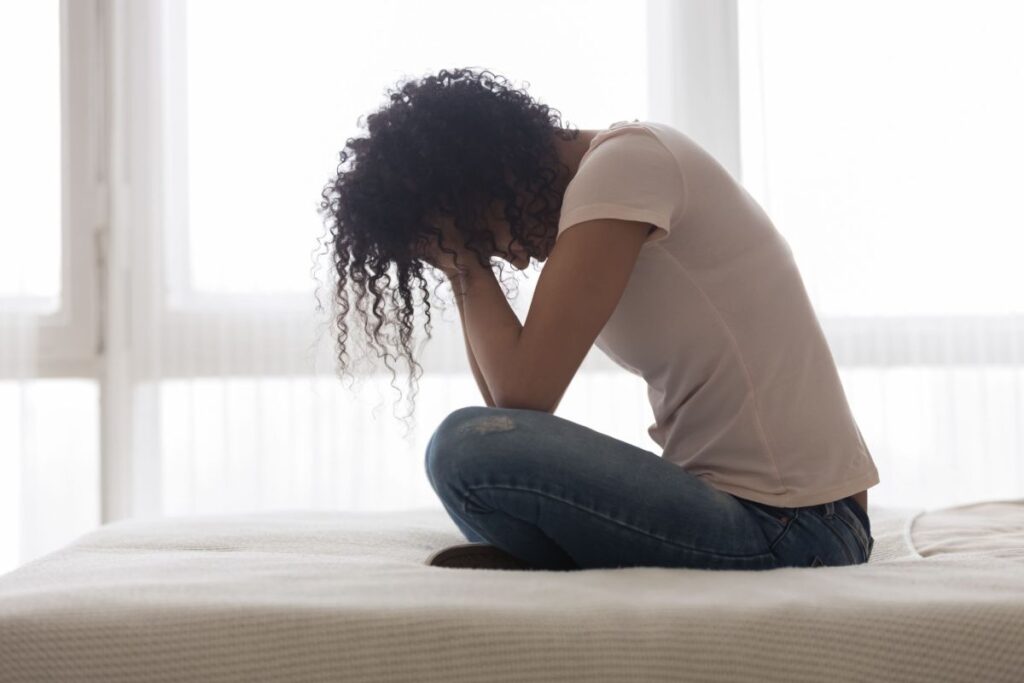What is Post-traumatic Stress Disorder (PTSD)?
When someone is in a life-threatening situation the brain processes it as a flight, fight, or freeze condition. It’s subconscious and part of the “old” brain; meaning animals have the same response programmed in their brain. After the danger is over most people return to normal daily life. For some, the feeling of danger lingers and gets mixed up into the memory section of the brain where it may continue to haunt the individual for a lifetime. This is essentially what PTSD is.
The incident that caused PTSD does not have to happen directly to the individual. It may have happened to someone they love, or they may have witnessed it first hand.
Take the example of a combat soldier who was in a firefight where a comrade was killed. Seeing his comrade get killed is the event. Soldiers are under orders to engage in fighting, even when someone is wounded or killed, until commanded to either retreat or cease firing. So when a comrade is wounded or killed, the fighting continues. They must stay in the dangerous situation until ordered to remove themselves. The traumatic nature of the fighting and the comrade being killed initiates PTSD.
PTSD can happen to anyone. Auto wrecks, catastrophes, rape, mugging, kidnap, abuse and much more are events that can create PTSD in the victim and/or one who observes the incident.
Since PTSD lies dormant, awaiting a trigger. It may go undetected for years. When it is triggered the individual feels the same emotions experienced during the original incident, and they behave in a way that is otherwise inappropriate for the current situation. This often causes others around the PTSD-affected individual to react to it in life-preserving ways (fight), run away (flight), or freeze. Until the individual is treated for PTSD the cycle will continue for many years.
At Arrowhead Lodge we specialize in the treatment of PTSD as part of our addiction and trauma treatment program. We have helped many men deal with deep emotionally disturbing trauma in a safe and nurturing environment.

Greif and Loss
Losing someone or something you love is very painful. After a significant loss, you may experience all kinds of difficult and surprising emotions, such as shock, anger, and guilt. Sometimes it may feel like the sadness will never let up. While these feelings can be frightening and overwhelming, they are normal reactions to loss. Accepting them as part of the grieving process and allowing yourself to feel what you feel is necessary for healing.
There is no right or wrong way to grieve — but there are healthy ways to cope with the pain. You can get through it! Grief that is expressed and experienced has a potential for healing that eventually can strengthen and enrich life.
Grief is a natural response to loss. It’s the emotional suffering you feel when something or someone you love is taken away. You may associate grief with the death of a loved one – and this type of loss does often cause the most intense grief. But any loss can cause grief, including:
- A relationship breakup
- Loss of health
- Losing a job
- Loss of financial stability
- A miscarriage
- Death of a pet
- Loss of a cherished dream
- A loved one’s serious illness
- Loss of a friendship
- Loss of safety after a trauma

The more significant the loss, the more intense the grief. However, even subtle losses can lead to grief. For example, you might experience grief after moving away from home, graduating from college, changing jobs, selling your family home, or retiring from a career you loved.
At Arrowhead Lodge we will help you identify your grief and work through it in a safe and compassionate manner by licensed counselors.






